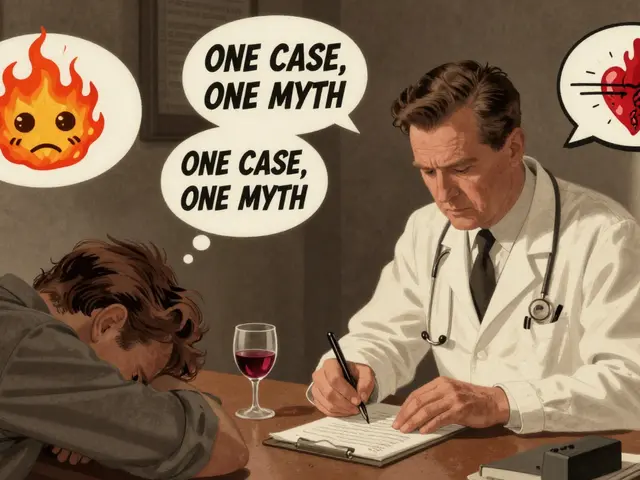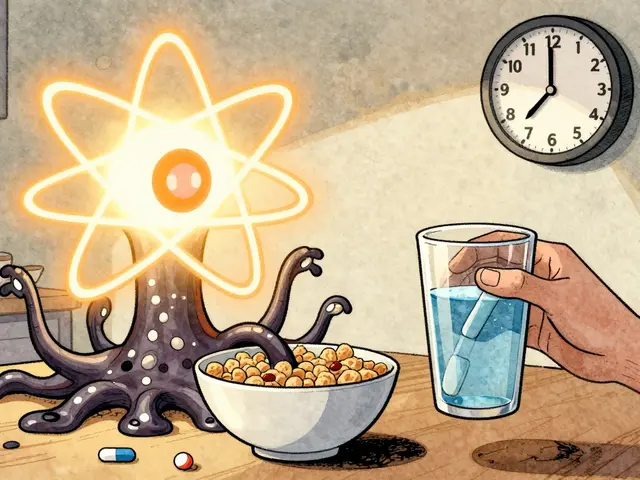Blood Pressure Medication Side Effects
Worried your blood pressure pills will cause problems? Side effects happen, but most are manageable. The key is knowing what to expect, what’s harmless, and what needs immediate attention.
Common side effects by drug type
Different drug classes cause different issues. Here are the usual ones and simple ways to handle them:
ACE inhibitors (like lisinopril): dry cough, dizziness, and rarely swelling of the face or throat (angioedema). If a cough becomes persistent or you notice swelling, call your doctor right away.
ARBs (like losartan): similar to ACE inhibitors but less likely to cause cough. Watch for lightheadedness when standing up.
Beta blockers (like metoprolol): fatigue, cold hands or feet, and a slower heart rate. Don’t stop them suddenly — your doctor will tell you how to taper safely.
Calcium channel blockers (like amlodipine): swelling in the ankles, flushing, and sometimes constipation. Elevating your feet and wearing compression socks can reduce swelling.
Diuretics (water pills such as hydrochlorothiazide): frequent urination, low potassium, and muscle cramps. Your doctor may check blood tests and suggest potassium-rich foods or a supplement.
What you can do right now
Don’t guess — monitor and act. Check your blood pressure and pulse at home so you can spot changes. Keep a simple log and bring it to appointments.
If a side effect is mild (mild fatigue, slight headache, mild constipation), try timing your dose differently (morning vs evening), drink enough water, and avoid alcohol the first few weeks while your body adjusts. Small changes often help.
Share every medication and supplement with your prescriber. Some combinations raise risks — for example, certain painkillers can blunt the effect of blood pressure meds, and grapefruit can affect some calcium channel blockers.
Don’t stop medications on your own. Some drugs, especially beta blockers, need a gradual reduction to avoid rebound high blood pressure or fast heart rate.
Talk to your doctor about dose changes or switching drug classes if side effects interfere with daily life. Often a lower dose or another medication fixes the issue without losing blood pressure control.
Call emergency services or your doctor right away for these signs: difficulty breathing, swelling of the face or throat, chest pain, fainting, very slow or very fast heartbeat, or sudden severe dizziness. These can signal serious reactions.
Small lifestyle steps go a long way: cut added salt, move more, lose even a few pounds if needed, and limit alcohol. These actions often let you use lower medication doses or avoid side effects altogether.
If you have questions about a symptom, ask now. A quick message or phone call can prevent a small side effect from turning into a bigger problem.

Can Losartan Cause Rashes? Signs Your Blood Pressure Med May Trigger Skin Issues
This article explores whether your blood pressure medication, particularly losartan, could be behind unexplained skin rashes. Learn about the symptoms, how to identify if losartan is to blame, and practical steps to take if you suspect your medicine is causing skin problems. Real-world examples, insightful tips, and useful resources make the signs and solutions clear and actionable. By digging into actual cases and key medical advice, readers will get a down-to-earth guide for tackling skin reactions linked to their blood pressure meds. The aim is to empower people to ask the right questions and get the help they need.
View More




